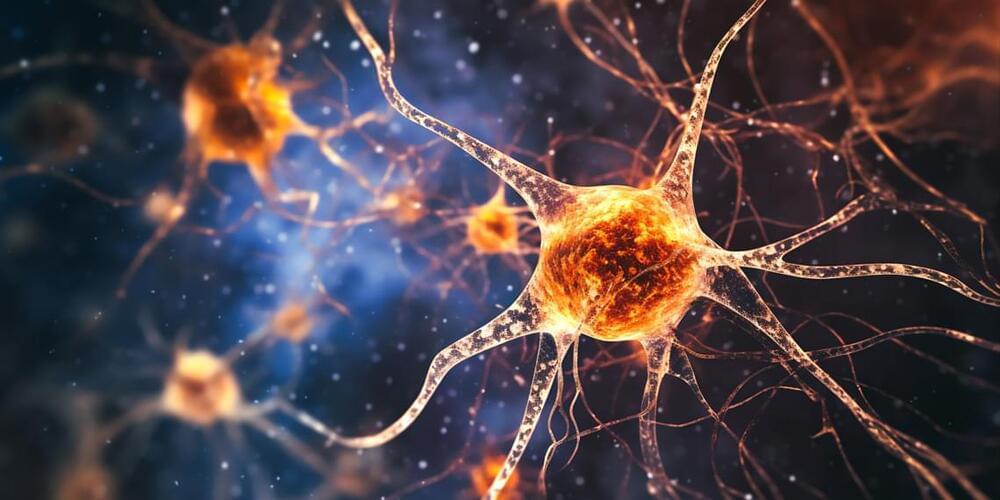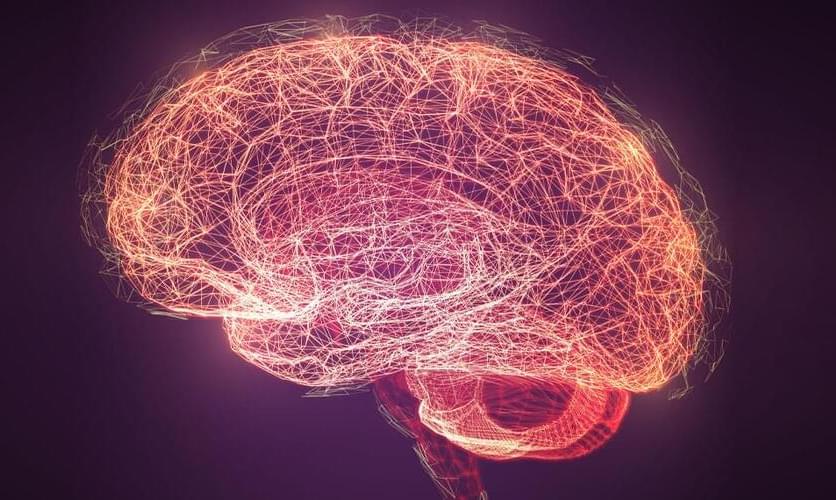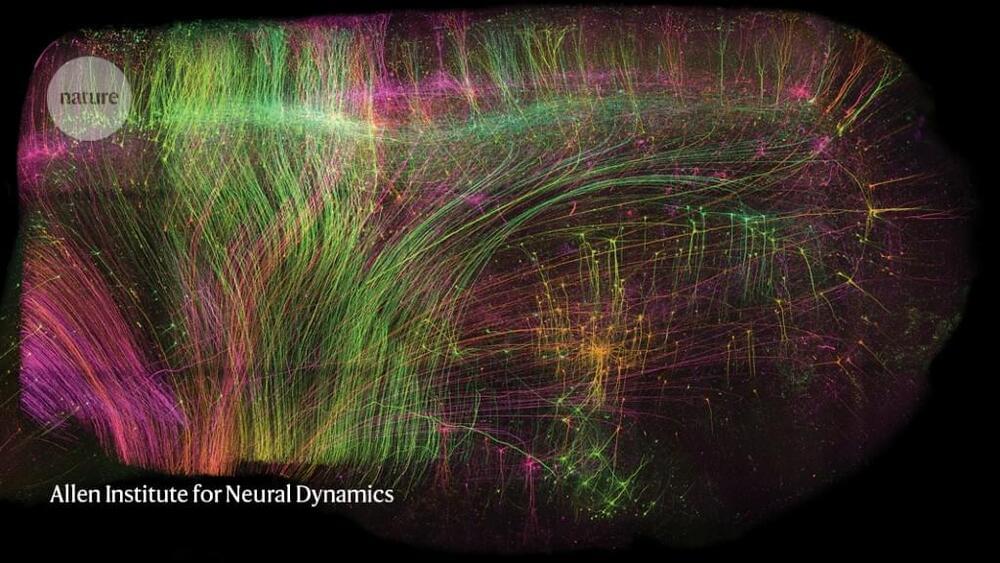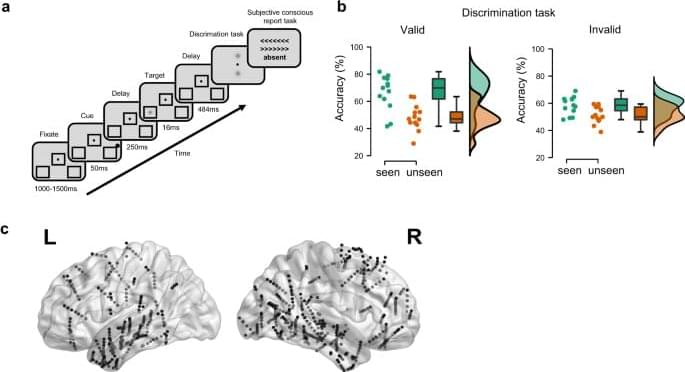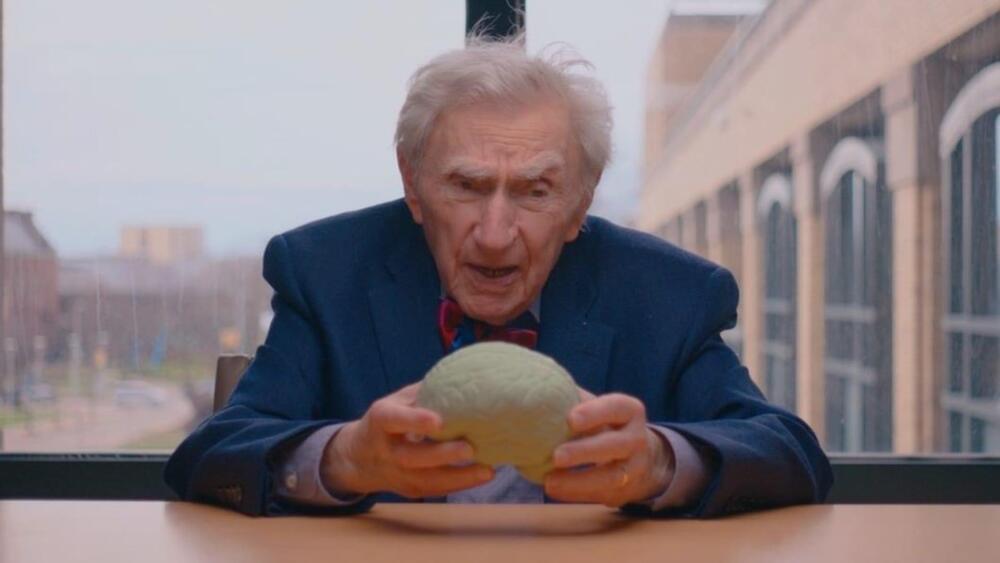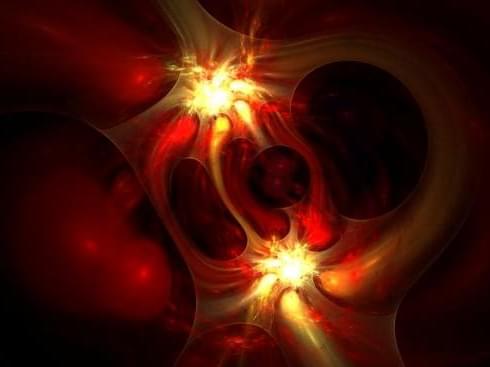A recent study study sheds light on how a protein called amyloid precursor protein (APP) affects the growth of nerve cells in the cortex — the human brain’s outer layer. The findings suggest that APP plays a crucial role in maintaining the delicate balance between neural stem cell proliferation and differentiation during the early stages of brain development.
The research, published in Science Advances, could have important implications for our understanding of neurodevelopmental processes and neurodegenerative diseases.
APP is a class I transmembrane protein that is widely expressed during nervous system development. It has been extensively studied due to its connection to Alzheimer’s disease (AD), where its fragmentation produces amyloid peptides that contribute to neuronal death. However, the physiological function of APP, especially in the context of human brain development, has remained unclear.
